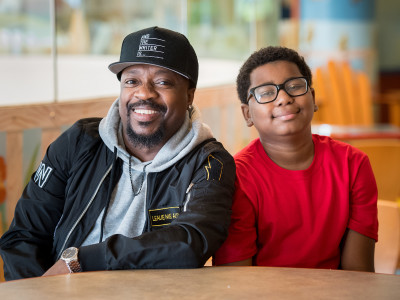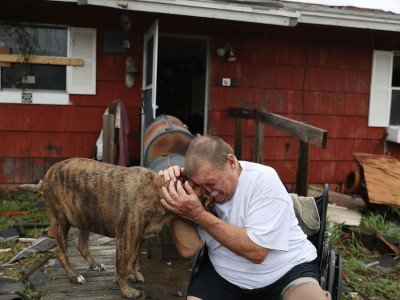Colon, or colorectal, cancer is cancer that starts in the large intestine (colon) or the rectum (end of the colon).
Causes, incidence, and risk factors:
According to the American Cancer Society, colorectal cancer is one of the leading causes of cancer-related deaths in the United States. However, early diagnosis often leads to a complete cure.
Almost all colon cancer starts in glands in the lining of the colon and rectum. When doctors talk about colorectal cancer, this is usually what they are talking about.
There is no single cause of colon cancer. Nearly all colon cancers begin as noncancerous (benign) polyps, which slowly develop into cancer.
You have a higher risk for colon cancer if you:
* Are older than 60
* Are African American of eastern European descent
* Eat a diet high in red or processed meats
* Have cancer elsewhere in the body
* Have colorectal polyps
* Have inflammatory bowel disease (Crohn’s disease or ulcerative colitis)
* Have a family history of colon cancer
* Have a personal history of breast cancer
Certain genetic syndromes also increase the risk of developing colon cancer. Two of the most common are:
* Familial adenomatous polyposis (FAP)
* Hereditary nonpolyposis colorectal cancer (HNPCC), also known as Lynch syndrome
What you eat may play a role in your risk of colon cancer. Colon cancer may be associated with a high-fat, low-fiber diet and red meat. However, some studies have found that the risk does not drop if you switch to a high-fiber diet, so this link is not yet clear.
Smoking cigarettes and drinking alcohol are other risk factors for colorectal cancer.
Symptoms
Many cases of colon cancer have no symptoms. The following symptoms, however, may indicate colon cancer:
* Abdominal pain and tenderness in the lower abdomen
* Blood in the stool
* Diarrhea, constipation, or other change in bowel habits
* Narrow stools
* Weight loss with no known reason
Signs and tests:
With proper screening, colon cancer can be detected before symptoms develop, when it is most curable.
Your doctor will perform a physical exam and press on your belly area. The physical exam rarely shows any problems, although the doctor may feel a lump (mass) in the abdomen. A rectal exam may reveal a mass in patients with rectal cancer, but not colon cancer.
A fecal occult blood test (FOBT) may detect small amounts of blood in the stool, which could suggest colon cancer. However, this test is often negative in patients with colon cancer. For this reason, a FOBT must be done along with colonoscopy or sigmoidoscopy. It is also important to note that a positive FOBT doesn’t necessarily mean you have cancer.
Prevention
The death rate for colon cancer has dropped in the last 15 years. This may be due to increased awareness and screening by colonoscopy.
Colon cancer can almost always be caught by colonoscopy in its earliest and most curable stages. Almost all men and women age 50 and older should have a colon cancer screening. Patients at risk may need earlier screening.
Colon cancer screening can often find polyps before they become cancerous. Removing these polyps may prevent colon cancer.
SOURCE: Pub Med Health





